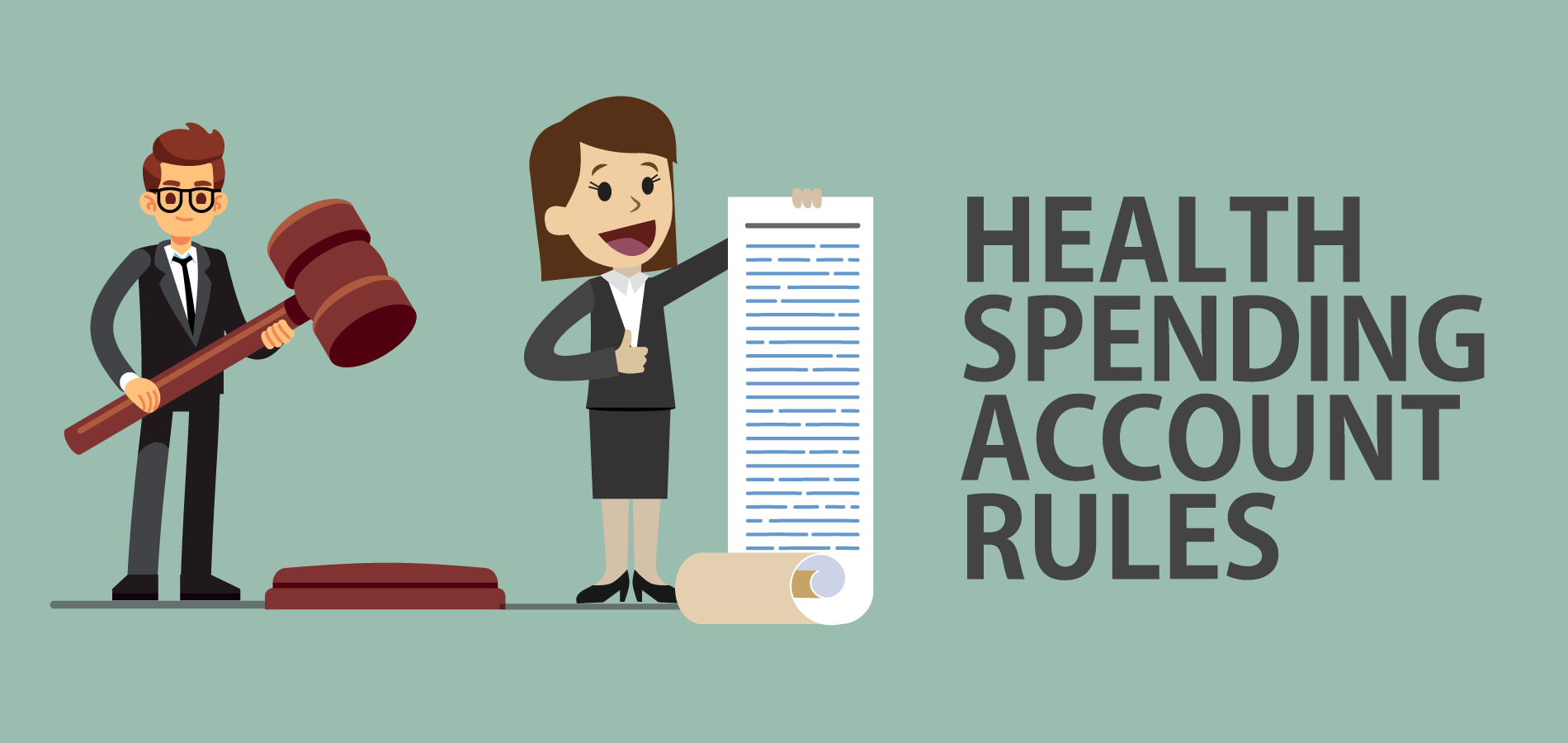Failing to double check-claims and a lack of preparation during the year can lead to mistakes, which can result in higher and unnecessary tax fees.
However, the potential for mistakes can and should be managed. Allowing carelessness and poor orgainzational practices get the better of you can lead to errors when filing your taxes and potentially cost your business big money.
Here are five things Canadian small business owners should closely scrutinize, and if possible, avoid to ensure mistakes are minimized during tax season.
1. Combining your personal and business accounts
Using personal finances to invest in company growth is something business owners may consider. Though it may seem like a good idea when first starting out, at some point, the individual, the company, or both will suffer.
Have separate bank accounts for your personal and business use to help you visualize what’s what when you’re ready to file your taxes. Make sure this mentality crosses over to credit cards as well – reviewing monthly statements is far easier when the separation has already been done.
2. Shoebox
The shoebox method is long-favoured by small business owners for collecting and storing bills, but it isn’t the best solution. While everything might be in one place, it won’t feel so organized when you are sifting through a year’s worth of receipts. Ditch the shoebox and create a streamlined filing system that is logical for your business. A few minutes spent organizing throughout the year can save you stress and increase efficiencies at tax time.
Whether or not you work from home, dedicate an area to keeping your finances in check. The benefits of doing your accounting from a home office can mean you may take certain deductions, including maintenance costs like heating and utilities and property taxes.
3. Not doing your homework
You can’t deduct what you don’t know. As an entrepreneur, you’re likely busy running your business and don’t have the time to educate yourself on the latest tax code changes. However, the best way to reduce your payments is to maximize the deductions you are entitled to, and keep accurate records for proof. Small deductions for items such as travel, gas, meals, entertainment or office supplies incurred for business purposes can add up quickly.
Those deductions can change from year to year so it’s important to seek expert advice. That’s why partnering with an accountant who will keep on top of the changes can help save money.
4. Check it twice and file once
Measure twice, cut once. The same saying is true for your taxes: Double-check and file once. Double-checking might seem like a no-brainer but it’s often overlooked, and little mistakes can cost you. Errors commonly found on taxes include incorrect postal codes, missing signatures, and incorrect social insurance numbers. If you have filed and realized that you’ve made an error, don’t fret, you have options.
5. Inefficiency
Running a business can take up a lot of time and it is important to avoid over-extending yourself. A business owner who is using spreadsheets to keep track of financials – or worse, reaching for the company ledger – might be creating some serious inefficiencies. On top of the hours dedicated to manual accounting tasks, you’re limiting your ability to draw insights from your finances. For this reason, take advantage of the technology that is out there to help you.
Professional accounting software is your one-stop shop to keep track of all the necessary information, retaining any records the Canada Revenue Agency might need and identifying insights on sales performance, demographic insights and purchase trends.
Simply put, planning ahead, keeping organized records and seeking expert advice will help alleviate tax pains and help you focus on what matters most: servicing your customers and growing your business.
Related Reading: Discover the Tax Advantages of Incorporating in Canada
Another key method to save on your taxes is by using a Health Spending Account.
If you're an incorporated business in Canada, discover how the Olympia Health Spending Account is an outstanding method to cut medical costs by using pre-tax dollars. Download our free guide: The Beginner's Guide to Health Spending Accounts.







